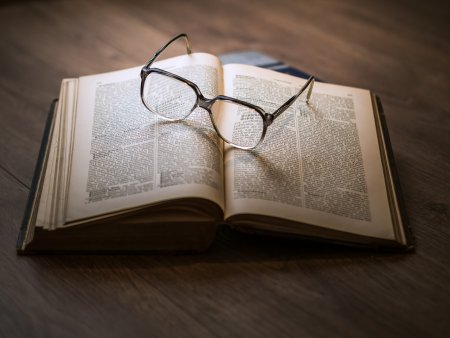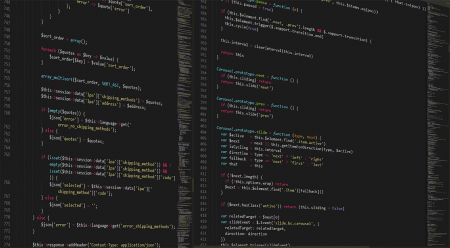6. Which features of the utopian society do you like? Which
6. Which features of the utopian society do you like? Which of them would you call unrealistic? wrong? strange? 7. Which features of the society mentioned in Utopia are still argued about? 8. What role did the book by Sir Thomas More play in its time? 9. What do you think the word quot;anti-utopia means? Have you ever read books or watched films where anti-utopian societies were described? What were they? What kind of societies did they describe? (пожалуйста по тексту) Sir Thomas More was born in London in 1478. He studied law, but took a keen interest in many subjects, including the study of Greek. He wrote Utopia at the beginning of the 16th century, during the early years of the great Renaissance movement, when men were bringing forward new ideas and challenging the old beliefs all over Western Europe. Utopia was published in Latin in 1516, and later translated into English. Sir Thomas More was a powerful adviser to King Henry VIII, but he opposed the king39;s divorce and refused to accept him as the head of the church in England. For this the king put him in prison and ordered his head to be cut off. The Roman Catholic Church later мейд him a saint. During his thousands of years on earth, man has constantly dreamt of a better society - a society which will banish the evils and hardships which he has to endure. Philosophers and poets have described their ideal societies in religious and scientific treatises and in works of fiction; and few of them are more famous than Sir Thomas More39;s Utopia. The word Utopia, which Thomas More made up from two Greek words meaning quot;nowhere landquot;, has come into everyday language to mean the ideal society. In his book Thomas More described a conversation between himself and a fictitious sailor named Hythlodaye. The sailor tells of his visit to a mythical island called Utopia, where the people had learned to create a society without hunger, tyranny and the exploitation of their fellow men. Hythlodaye compares all the things which he had seen in Utopia with conditions in England at that time; and the contrast clearly shows many evils which men had hitherto ignored. First, the community which inhabited the island of Utopia was not divided into separate social classes. All the people enjoyed equal rank and rights. There was no private property because the Utopians believed that private property led to envy, hate, selfish ambition and strife. Everybody wore the same type of clothing, and no one was allowed to wear jewellery or any form of finery that would proclaim the superiority of one person over another. There were no leisured or idle classes. Everyone had to work, though not excessively, for seven hours a day was considered sufficient. Nobody was allowed to force his opinions or religious beliefs on anyone else, except by fair argument and discussion. Anyone who tried to change people39;s views by compulsion was banished from the island. People were free to marry the partners of their choice and could not be persuaded by parents or relatives into marriages they did not desire. They were also free to end their own marriage if they found it was not successful. If anyone was suffering from a painful incurable illness, he could demand to be put to death. In Utopia, the cleverest young people were excused from work which quot;involved physical or unskilled labour. Instead, they were trained to be the wise men or philosophers of the community. But they were still treated as only ordinary members of the community, so that they would not become a privileged superior class. Members of the government, even the king himself were chosen from the philosophers; but the king could be removed from the throne if he showed any tendency to turn into a tyrant. The king was one with his people, ships traded freely with other lands, modest pleasures were enjoyed by everyone, all religions were honoured and the people shared their belongings. Thomas More39;s Utopia was a remarkable work of philosophy in itself, but it also provided many of the theories and ideas which were to be hotly debated and even fought for in the following centuries, right up to modern times.
Задать свой вопрос-
Вопросы ответы
Статьи
Информатика
Статьи
Математика.
Разные вопросы.
Разные вопросы.
Математика.
Разные вопросы.
Математика.
Физика.
Геометрия.
Разные вопросы.
Обществознание.




